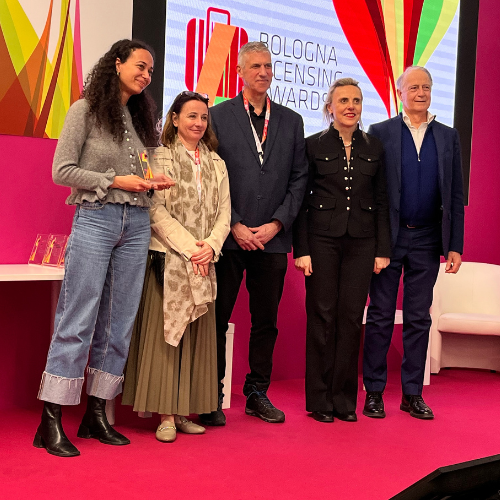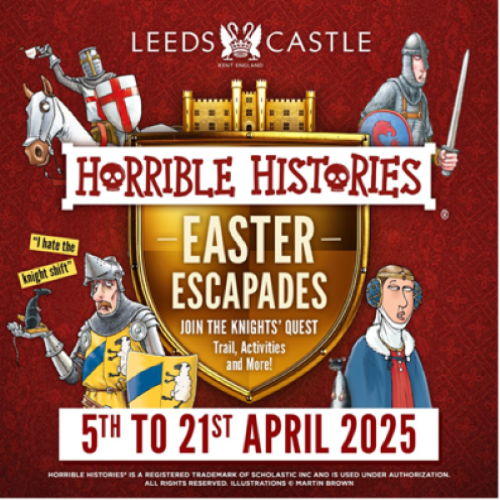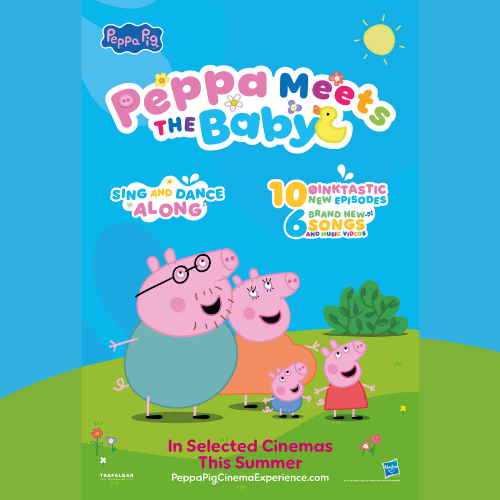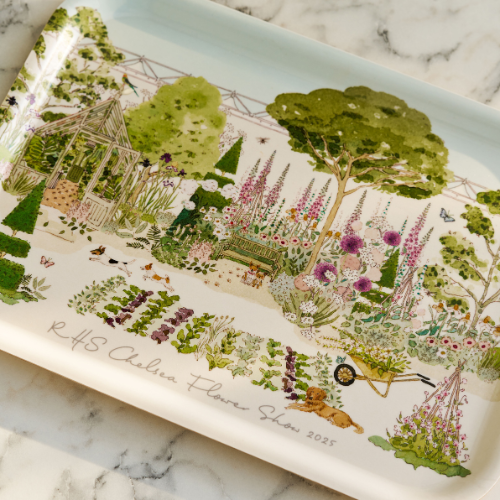Louise Findlay-Wilson, founder and md of Energy PR, on why we’re particularly loyal to brands when the values align with our own.
There’s much talk about the importance of fostering loyalty, and with good reason. It’s commercially valuable. In an online business, only 8% of customers may be repeat buyers but they account for a disproportionate 40% of turnover. In bricks and mortar companies, loyalty is no less important. According to a report by Salesforce, recommendations from loyal customers account for 30% of sales.
So loyalty leads to sales, but do a brand’s values lead to loyalty? According to our Brand Love study, absolutely. Over 55% of marketers said we’re particularly loyal to brands when the values align with our own. It’s the biggest determinant of loyalty – ahead of price or customer service. If the values resonate with us, the brand feels ‘right’.
For licensed properties, whose very potency surely lies in their ability to drive sales across different product areas, having a firm grip on what those values are, and ensuring they chime with the customer is therefore crucial.
Let’s look at how a few licences have managed it.
Paddington
Over many years, those responsible for Paddington have ensured that the evergreen character has deftly held onto its long-held values of kindness and generosity. But while the values have not changed, they’ve been refreshed for each era, not just through the books and films but via marketing.
For instance, Paddington in 2017 became a champion for children’s rights for UNICEF, supporting a variety of projects such as Paddington’s Postcards. This subscription service includes a monthly donation of £8 to UNICEF. In return, families get letters from Paddington in the mail that tell them about how children live around the world. This tactic resonated with those grandparents, who themselves loved Paddington when children in the 1950s, and are now gift givers – loyally introducing the bear to new generations.
LEGO
LEGO has cultivated a powerful ‘creative play’ proposition. This fits both with children and with the gift givers’ desire to be seen as a creative, quality gift giver. LEGO amplifies its values around creativity through its marketing, which is frequently aimed at adults. For instance, during the pandemic it created a white noise playlist. Available on Spotify, the playlist features tracks which can be played as background ‘music’ to sooth, calm and help restore mental balance – ideal stuff for adults in lockdown.
LEGO’s team used some 10,000 bricks, to create the noises for the seven soundtracks, ranging from the satisfying ‘It All Clicks’ featuring bricks simply being joined together, through to the ‘Waterfall’ which is the supremely satisfying sound of thousands of bricks tumbling for a full, 30 minutes.
Clever, creative – the very values which LEGO gift givers relate to.
Marmite
Marmite is a brilliant example of a brand which knows what it stands for – it’s a heritage brand which is also definite, unusual, idiosyncratic, eccentric, uncompromising and polarising. Indeed, people define themselves as either being in the ‘love’ or ‘hate’ Marmite camp. Even people who aren’t fans seem to be defined by it. This is no happy accident. For years it has reinforced and revelled in its uniqueness. Knowing what it stands for has not only fostered loyalty it has also helped guide its licensing deals, which have included Marmite flavoured houmous and Lynx Marmite.
Conclusion
As these three examples show, understanding your values and how they fit with your customer is not a linear process. It needs constant work and commitment – over time. And those values need to be played out across your licensing strategy too. Get it right and customer loyalty will follow.
Louise Findlay-Wilson is founder and managing director of Energy PR. She can be contacted by clicking here. You can also get a free copy of the Brand Love survey here.

































